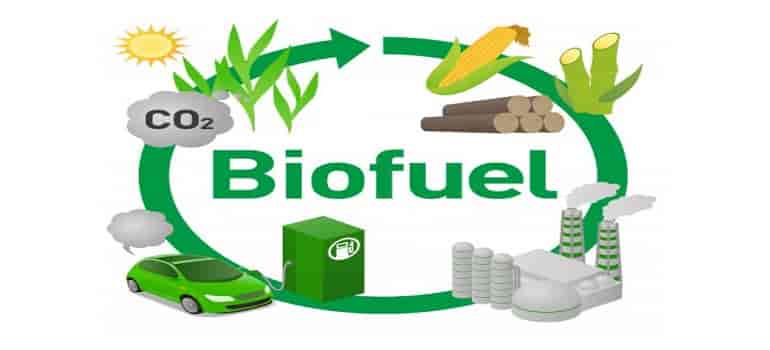New Report Highlights the Potential for Reduced Fossil Fuel Dependence and Bill Savings
In a recent report by the Institute for Energy Economics and Financial Analysis (IEEFA), India is poised to reduce its dependence on fossil fuels and potentially save nearly US$29 billion by 2030 through the gradual increase in biogas and biomethane consumption. The report emphasizes the environmental benefits of this transition, including waste management, greenhouse gas emission reduction, and enhanced renewable energy production.
Biogas, which can replace natural gas and other high-emission fossil fuels, has the potential to be a game-changer. Upgrading its methane content to 90%, known as biomethane, makes it equivalent to natural gas in calorific value, and it can be directly injected into gas grids. This cleaner alternative can significantly contribute to India’s energy needs.
Purva Jain, the Energy Analyst at IEEFA and the author of the report, highlights the importance of adopting the right production processes and addressing methane leakages. These measures can establish biogas as a sustainable alternative to imported natural gas.
Despite its potential, biogas has faced challenges due to the absence of a comprehensive market ecosystem, pricing structures, regulatory hurdles, and fragmented government support. Recent government initiatives, such as the National Bioenergy Scheme and GOBARdhan, have begun to address these issues, creating a more conducive environment for biogas projects.
The report also underscores private sector interest in Compressed Biogas (CBG) driven by policy changes, such as revisions in CBG rates and mandates for natural gas marketing companies to procure 5% CBG. Companies like Reliance Industries Limited and the Adani Group have expressed interest in CBG production.
However, the report emphasizes that further steps are needed for biogas to realize its full potential. Encouraging increased investments, private sector participation, and market viability for CBG and biogas slurry are key aspects. Additionally, ensuring the availability of inputs without using energy crops is vital to avoid adverse impacts on land use and carbon emissions, as observed in other countries.
To expedite decarbonization goals, ensuring a guaranteed offtake of CBG by various natural gas-using industries, possibly through take-or-pay arrangements, is a crucial step. The government’s role in promoting these initiatives will be essential for the success of India’s transition to biogas and biomethane.


